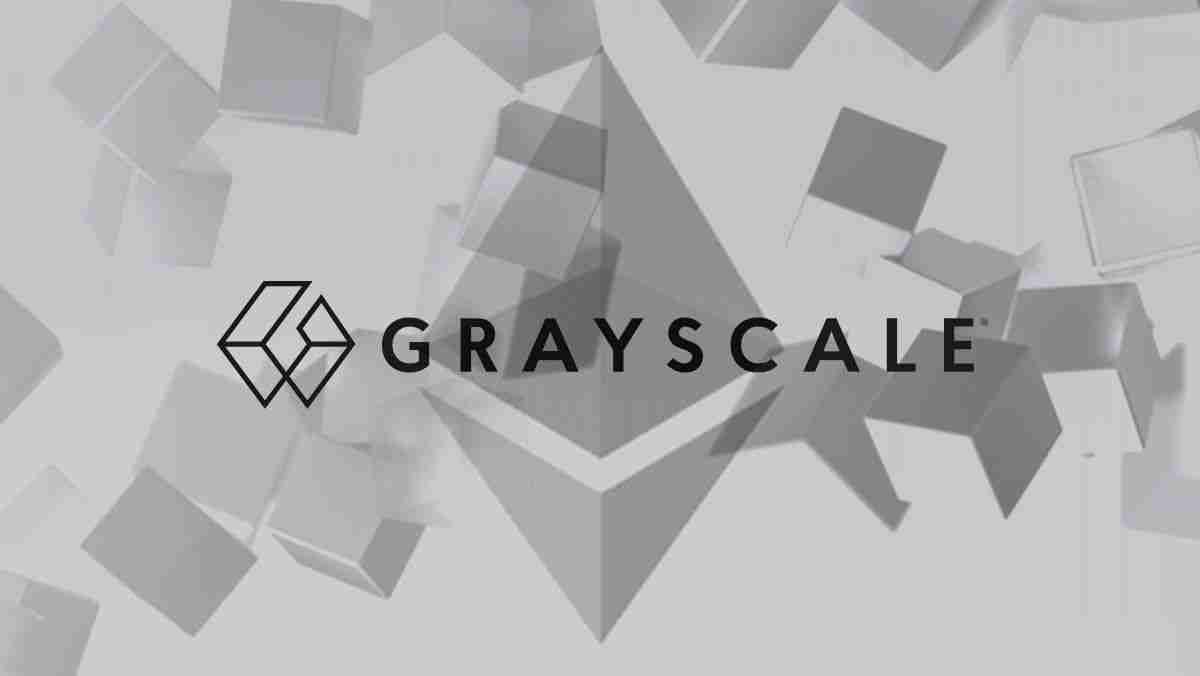Thailand’s SEC Eases Restrictions on Digital Token Investments
In a significant move for the cryptocurrency market, the Securities and Exchange Commission (SEC) of Thailand has recently announced a series of measures aimed at easing restrictions on digital token investments. This development marks a pivotal moment in the regulatory landscape of the country, signaling a more progressive approach towards embracing the potential of blockchain technology and digital assets.
One of the key changes introduced by the Thai SEC is the adjustment of the investment limit for retail investors participating in initial coin offerings (ICOs). Previously, the regulator imposed strict limitations on the amount of funds that individuals could invest in these token sales, citing concerns about the speculative nature and potential risks associated with such investments. However, recognizing the growing importance of digital assets, the SEC has decided to revise these restrictions, allowing retail investors to allocate a more substantial amount of capital to ICOs.
This adjustment is seen as a positive step towards fostering innovation and facilitating broader participation in the burgeoning digital token market. By enabling retail investors to contribute more significantly to ICOs, the SEC aims to create a more inclusive and dynamic ecosystem, where a diverse range of individuals can engage with blockchain projects and potentially benefit from the growth of the digital asset space.
Furthermore, the Thai SEC has introduced measures to streamline the approval process for digital asset offerings. The regulator recognizes the rapid pace of technological advancements in the blockchain space and understands the importance of a regulatory framework that adapts to these changes. By expediting the approval process, the SEC aims to encourage innovation and attract more blockchain-based projects to establish themselves in Thailand.
The announcement also includes provisions for simplifying the disclosure requirements for certain types of digital token offerings. The SEC acknowledges that not all token sales pose the same level of risk, and as such, the regulatory burden should be proportionate to the nature and characteristics of the digital assets involved. This nuanced approach to regulation reflects a commitment to balancing investor protection with the promotion of a conducive environment for blockchain innovation.
The Thai SEC’s decision to ease restrictions on digital token investments aligns with a global trend of regulatory bodies reassessing their approaches to the cryptocurrency market. As the blockchain industry continues to mature, regulators are increasingly recognizing the need to foster innovation while safeguarding investor interests. Thailand’s move is likely to position the country as a more attractive destination for blockchain and cryptocurrency businesses, potentially leading to increased foreign investment in the sector.
While the revised regulations aim to provide a more favorable environment for digital token investments, it is crucial to note that the SEC will continue to monitor and enforce compliance with the established rules. The regulator remains committed to maintaining market integrity and protecting investors from fraudulent activities. This balanced approach, which seeks to nurture the growth of the digital asset market while ensuring a level playing field, is indicative of Thailand’s commitment to responsible and forward-thinking regulation in the cryptocurrency space.
In conclusion, the easing of restrictions on digital token investments by the Thai SEC marks a pivotal moment for the country’s blockchain industry. By recognizing the evolving nature of the digital asset market and adjusting regulations accordingly, Thailand is positioning itself as a more progressive and attractive destination for blockchain businesses and investors. This move not only reflects a growing global trend of regulatory adaptation to the cryptocurrency space but also underscores Thailand’s commitment to fostering innovation while maintaining investor protection.









